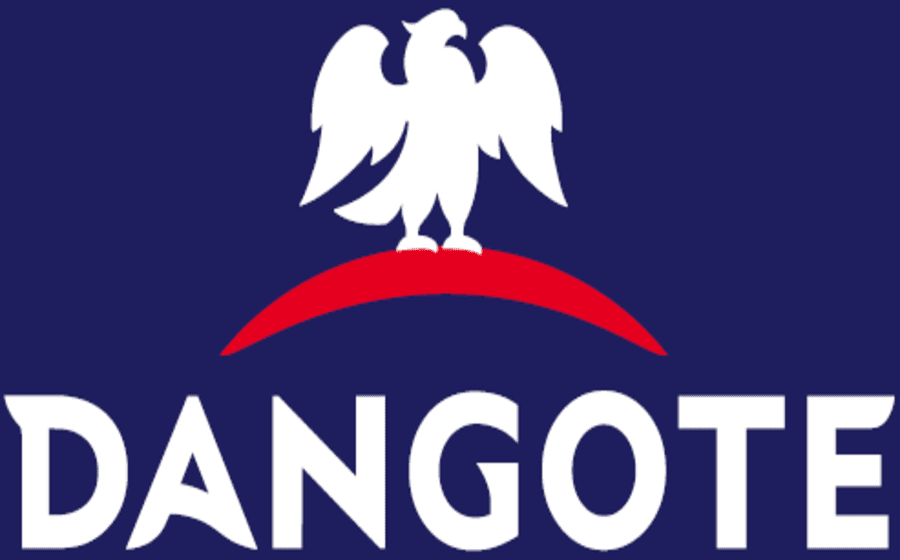Newly inaugurated US President, Donald Trump Monday put paid to his campaign promise to withdraw from the Trans-Pacific Partnership (TPP) deal involving US and 11 other nations.
Trump has also threatened to impose trade tariffs as a way to revive American manufacturing and compel US companies not to take their manufacturing operations abroad.
Analysts say both new strategic executive orders may mark the beginning of the fall China as US companies in China will begin massive return to US, leaving China to look like abandoned industrial region after all.
World Bank report in 2015 said US links with manufacturing firms in China is more than 65 per cent, meaning that if the Trump’s recall of manufacturers scales through, Chinese dominance of world most manufacturing country will collapse.
Also, majority of the goods traded by the TPP are largely Chinese made, a scenario that has assisted China in dominating advantage in a system it does not belong.
According to the body language of Trump from campaign to electoral victory, he has been upbeat with how best to wrestle Africa and other mega continental markets from the claws of China who have been using surreptitious trade strategies to ‘enslave’ poor nations with huge population including Nigeria.
Analysts say the crisis between Nigeria and Taiwan over relocation of Embassy from Abuja to Lagos may be an affront to severing relations with China so as to meet the key conditions for a new loan request.
China had done this particular ‘cutting ties for loan’ to three African countries before now, but the federal government is currently caught in the confusion of convincing Nigerians on why it will cut ties with Taiwan so as to get China $40bn loan.
Both executive orders will send signals to Democrats and leaders in foreign capitals around the world that Trump’s rhetoric on trade during the campaign is turning into action. Trump vowed during the campaign to withdraw the US from the Pacific trade deal, commonly known as TPP, which he argued was harmful to American workers and manufacturing.
The TPP was negotiated under former President Barack Obama, but never ratified by Congress, so withdrawing from it will not have an immediate, real effect on US economic policies, although it does signal a new and very different US outlook on trade under Trump.
ts signatories — Australia, Brunei, Canada, Chile, Japan, Malaysia, Mexico, New Zealand, Peru, Singapore, the United States and Brunei — together represent 40 percent of the world economy.
The real estate mogul’s White House bid was fuelled in part by a pledge to overturn trade deals — such as TPP and the North American Free Trade Agreement — that he says have drained US jobs and destroyed its industrial heartlands.
Trump also signed two other orders, on freezing the hiring of federal workers and hitting foreign NGOs that help with abortion.
The executive action will be just one part of the Trump administration’s efforts to focus attention on its plans to radically reshape US trade policies, making good on a central premise of Trump’s campaign and its economic nationalist underbelly.
Analysts say Trump’s decision to withdraw the US from TPP is also a first step in the administration’s efforts to amass a governing coalition to push the new President’s agenda, one that includes the blue-collar workers who defected from Democrats and flocked to Trump’s candidacy in November.
Obama had struggled with failure to sell many Democrats on the trade deal, in particular because of concerns about how the trade deal would impact American manufacturers and the US workers in that industry.
Even Hillary Clinton, the Democratic presidential nominee who pushed the TPP deal as secretary of state, backed off her support for the deal during the campaign amid pressure from the left.
Democrats with heavy union worker constituencies will either need to get on board with Trump’s protectionist trade policies or risk losing reelection.
Trump has said that he also plans to renegotiate the North American Free Trade Agreement, a free trade deal joining the US, Mexico and Canada.
*With additional reports from CNN









